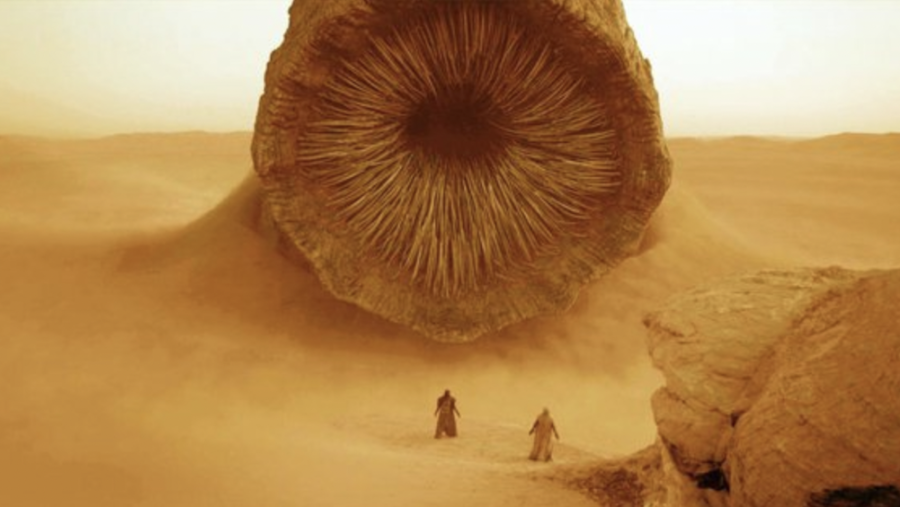
Dune: Part One and Dune: Part Two have completely wrapped up the first Frank Herbert book, Dune, and then some. At this point, it is just grandstanding and unleashed capitalism that urges filmmakers and studios to create a third Dune film. And yet, here we are, with news that Dune 3 has been confirmed with Denis Villeneuve at the head as director once more.
Complex Tale Of A Charismatic Leader
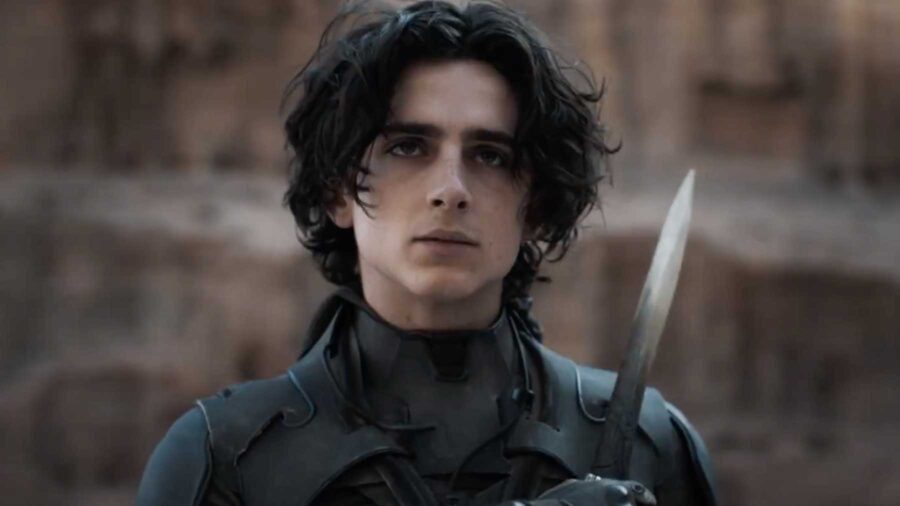
When I first saw a trailer for Dune: Part One, I rushed out to buy the book, and I devoured it, wandering meticulously through the almost 900 pages of text like an acolyte. I loved Frank Herbert’s take on the complexity of a rising charismatic leader, and I couldn’t wait to see Timothee Chalamet play Paul Atreides.
Covid Hurt The First Film
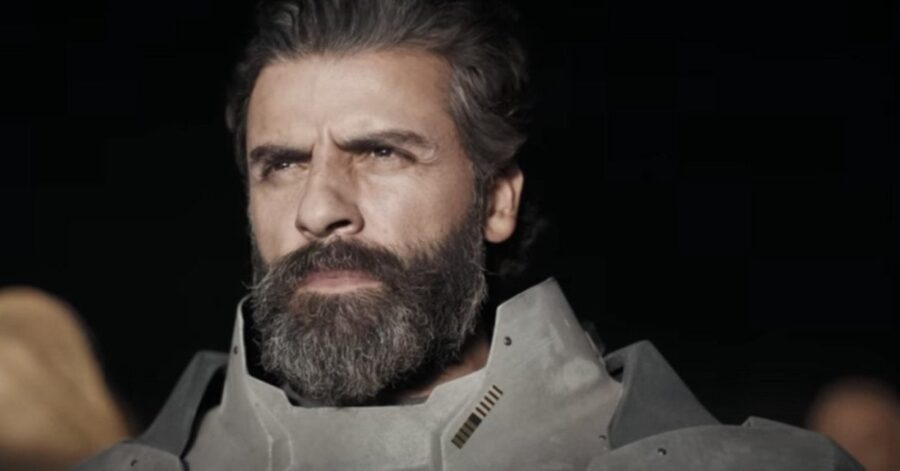
Sadly, Covid struck just as the film was due to release in 2020. Theaters closed along with the rest of the world, and I waited almost a year before the film was finally released on Max in October of 2021. I sat, stunned at the visuals, at the scope, at the audacity. Would I have preferred to see the movie in the theater? Yes, of course. But it was still quite impressive, and Chalamet, along with Oscar Isaac as Leo Atreides and Rebecca Ferguson as Lady Jessica, performed exceptionally well in their roles.
The Story Is Told
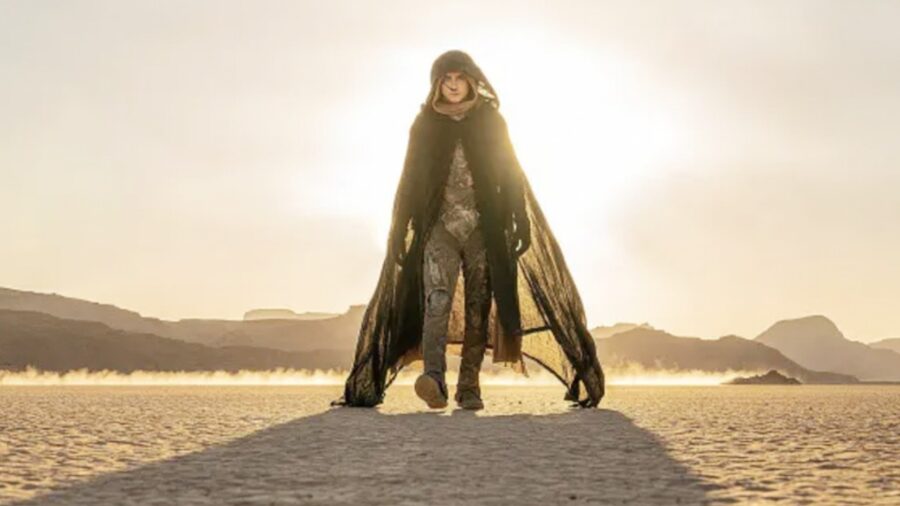
So it was, of course, thrilling to see the Dune: Part Two, bigger and better and on the large screen in a proper movie theater with luxury recliners, popcorn, and obnoxious people on their cell phones. The way movies were meant to be watched. And I was beyond happy to see the film not only complete the storyline of the book (albeit with a few changes) but also bring parts of the next book, Dune: Messiah, into the movie to make it clear how Paul’s character has fully developed.
We have an anti-hero story on our hands.
But what would be the point of Dune 3?
Inspired By A Real-Life Politician
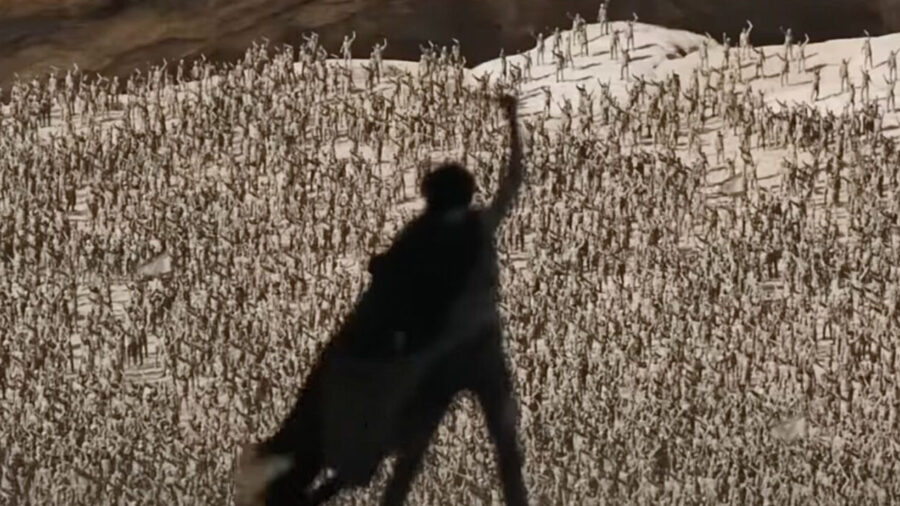
The beauty of Dune is that it tells the incredibly compelling story of a boy becoming a man and of a bright-eyed, well-intentioned, charismatic man becoming a ruthless dictator. Frank Herbert noted that in his time, JFK Jr. was just such a leader. He was much beloved on the outside, and the things he did behind closed doors were less than honorable.
Dune’s Epic Story
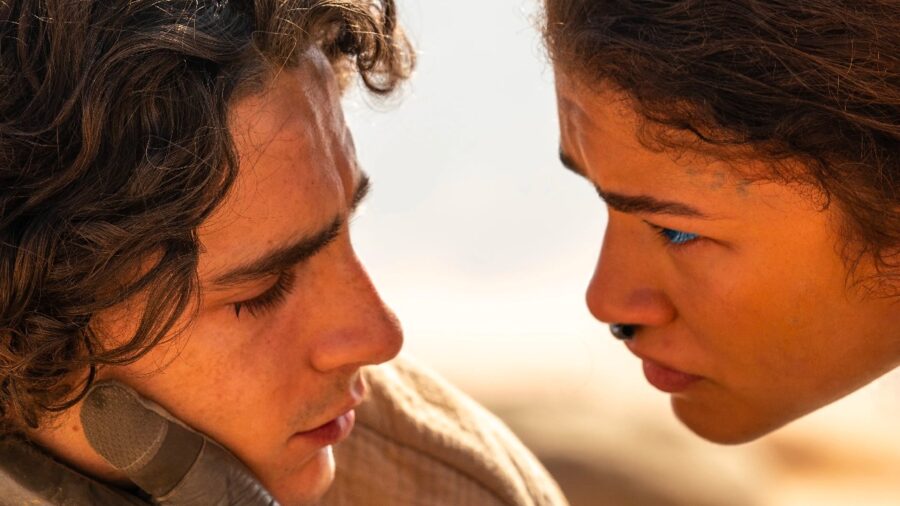
Herbert draws us into the planet Arrakis, a colony recently handed over to the Atreides family by the empire, and he shows us a benevolent leader, Leo Atreides, and his consort, Lady Jessica, a “witch” trained by a religious order, the Bene Gesserit. The two have a son, Paul Atreides, who, it seems, is a Christ-like figure for the native people of this sand planet.
In the book, as in both films, Paul must contend with the death of his father, a death sentence handed down by the empire for his own head, and the worship of the sand people, the Fremen. He rises to power among the Fremen, constantly battling his conscience, trying to do what’s right for the people, falling in love with one of them, Chani, played by Zendaya, and protecting his mother all the while.
Books Continue The Rise Of Paul
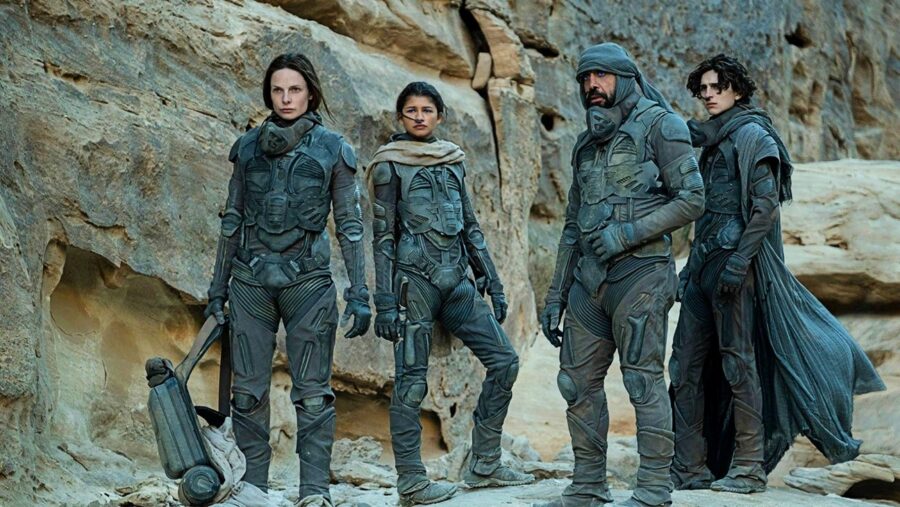
By the end of the book and the films, Paul is the leader of the Fremen, and he makes calculated political decisions to gain still more power within the empire. The story on screen and on the page leaves us with the message that it is impossible to become a leader without being corrupted by politics and power. That’s it. The end. And while the books continue on for another five episodes, taking us through Paul’s rise to a messiah figure, we don’t need a Dune 3 to do the same.
Third Films Usually Disappoint
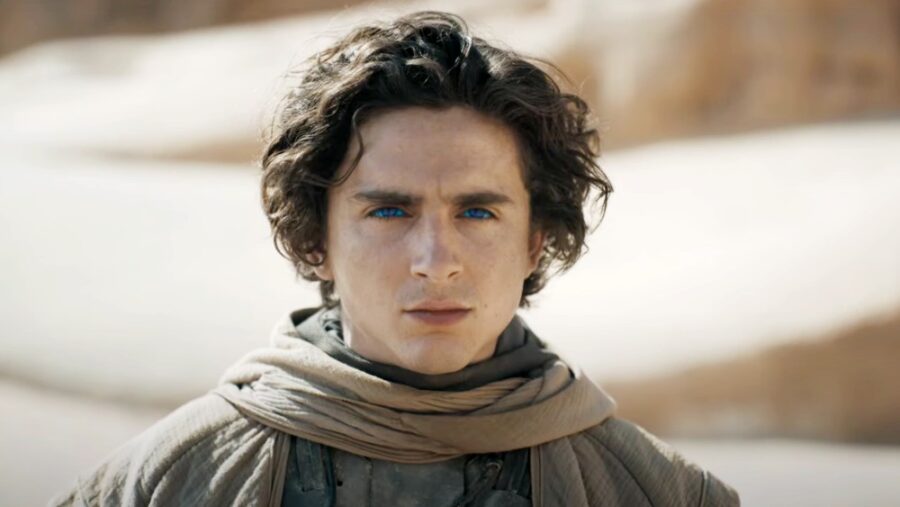
There has never been a great third film in these kinds of large family, empire, world-building sagas. Look at Rise of Skywalker and The Godfather 3 as examples. It always ends up feeling like beating a dead horse, not because you can’t make a great movie about an anti-hero but because you can’t really wrap an anti-hero story up. There is no happy ending for figures like Paul Atreides.
There are only endings.
And I would say we’ve already got ours in the first two Dune films.
We don’t need another one.



